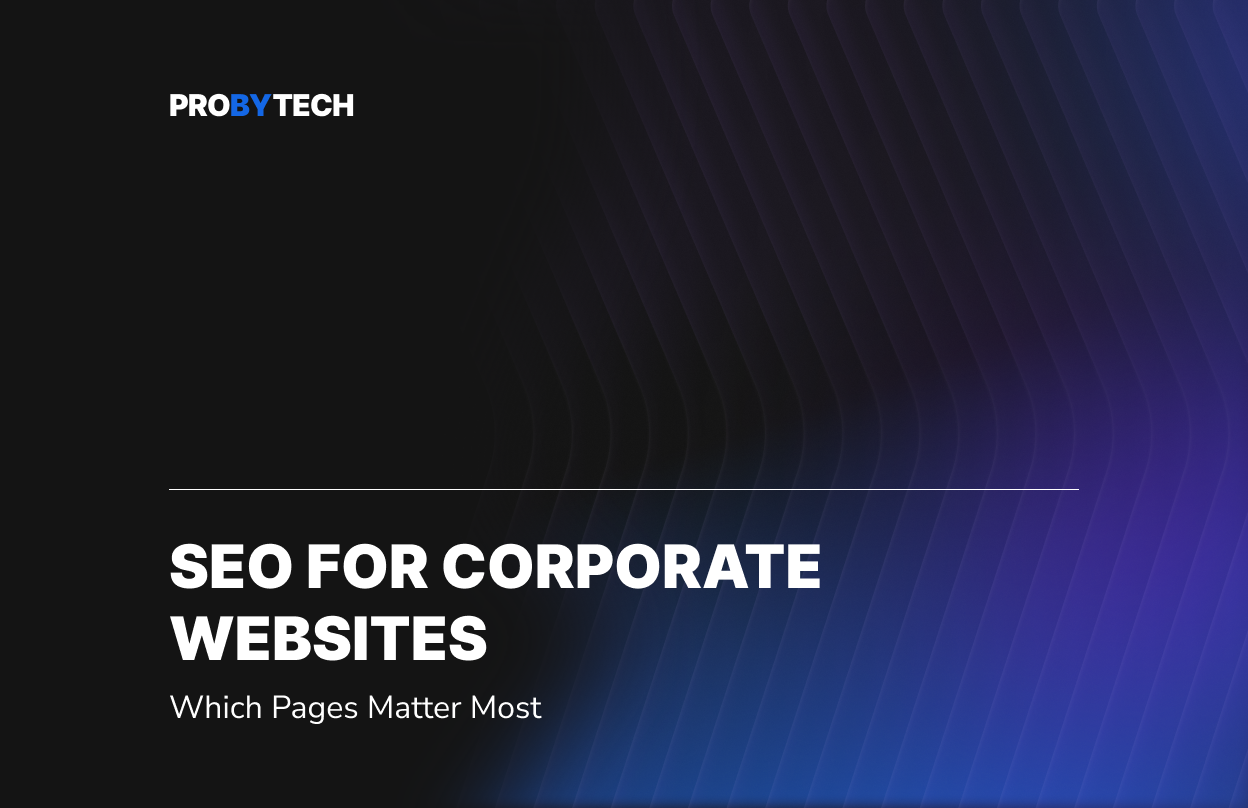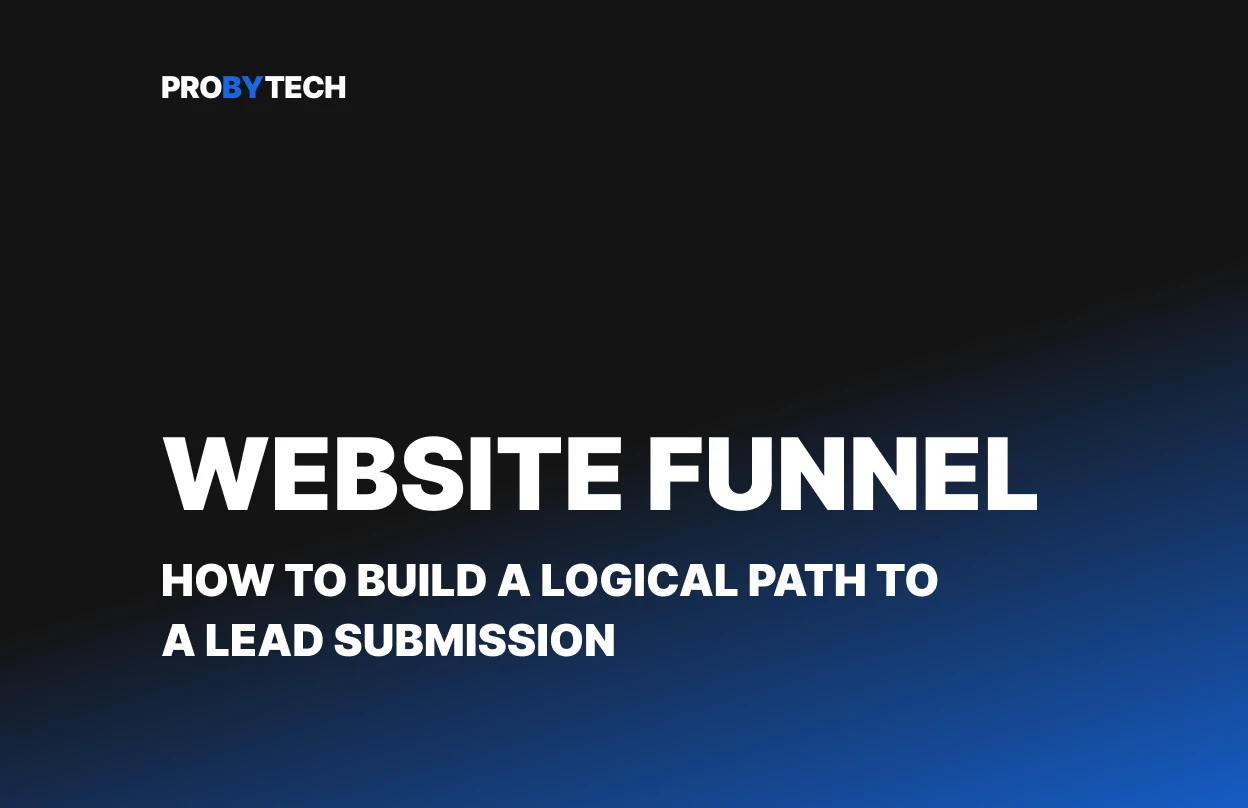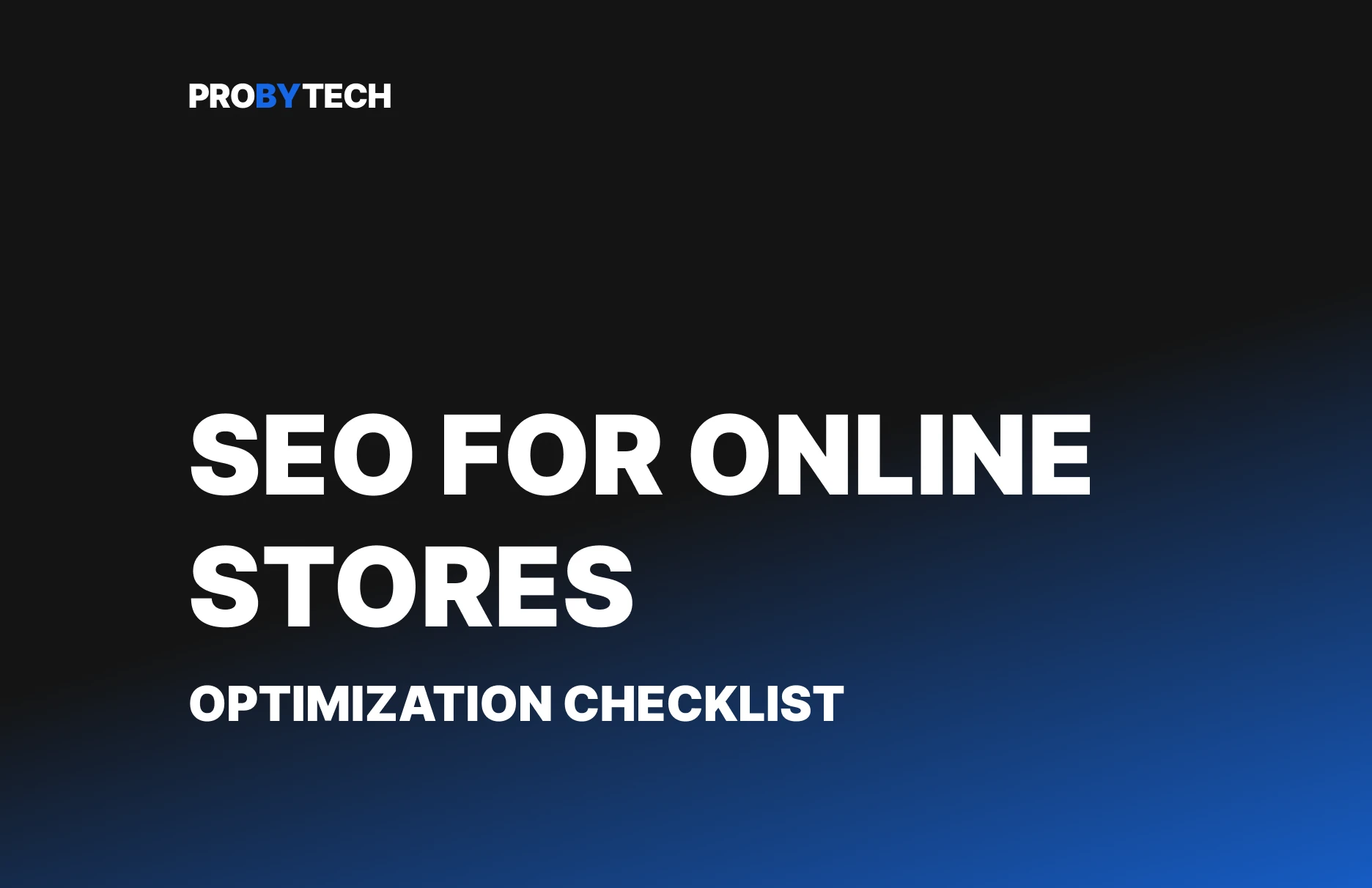B2B vs B2C in eCommerce: Key Differences in Customer Approach

In the world of eCommerce, there are two main business models that describe how companies interact with their customers: B2B (business-to-business) and B2C (business-to-consumer). While both approaches share the common goal of selling products or services, their strategies, processes, and requirements are significantly different.
In this article, we will explore the key differences between B2B and B2C in eCommerce and how these differences influence the approach to customers.
Target Audience and Decision-Making Process
One of the main differences between B2B and B2C is the target audience. In B2B, customers are other businesses, while in B2C, customers are end consumers. This has a major impact on the decision-making process:
- B2B: The decision-making process in B2B is often more complex and multi-step, as it typically involves multiple people (managers, accountants, directors, etc.). This means that sales in B2B take longer, and factors such as price, supplier reliability, contract terms, and product integration into the business processes are crucial.
- B2C: In B2C, decisions are made directly by the end consumer and are generally quicker and more emotional. Consumers often consider factors such as convenience, delivery speed, reviews from other customers, as well as brand image and advertising.
Sales Strategies
Sales strategies in B2B and B2C can differ greatly depending on the type of customer:
- B2B sales are often conducted through direct negotiations or personal meetings, where terms of cooperation, large quantities, pricing, and specifications are discussed. Most of these deals involve customized terms and large contracts, so they require complex negotiations.
- B2C sales are more focused on mass transactions and quick deals through intuitive interfaces, promotions, and the simplicity of purchasing. Here, advertising campaigns, SEO, social media, sales, and discounts play a major role.
Marketing Approach
Marketing in B2B and B2C also differs based on the type of customer:
- B2B marketing is typically focused on long-term relationships. Since customers in B2B are other businesses, marketing focuses on trust, efficiency, and providing business value. Common tactics include email campaigns, trade show participation, webinars, and direct meetings.
- B2C marketing focuses on mass communication and building an emotional connection with end consumers. Social media, paid advertising, influencers, and promotional campaigns are widely used to attract attention and generate quick sales.
Purchasing Process
The purchasing process in B2B and B2C is quite different:
- B2B purchases are typically more complex, involving larger orders, multiple stages, and specialized documentation. Customers often want to customize products according to their needs or get special conditions (e.g., volume discounts).
- B2C purchases are simpler and faster. Consumers can make a purchase in just a few clicks, without the need to negotiate terms or deal with long contracts.
Customer Support
Customer support is an important aspect in both business types, but in B2B, support is generally more personalized and specialized. B2B customers expect professional assistance, consultations, and fast resolution of complex issues since any mistake or delay could have significant consequences for their business.
In B2C, support is generally focused on quickly resolving simple requests, such as product returns, delivery questions, or order issues. While support is still important, it doesn't have the same level of customization as in B2B.
Pricing and Sales Terms
In B2B, pricing is often dependent on factors such as order volume, special terms, and contract duration, which allow businesses to offer better conditions for regular or large clients. This may include volume discounts, special delivery terms, and other benefits.
In B2C, prices are typically fixed, and the end consumer has limited influence over the purchasing terms. Therefore, pricing in B2C is more influenced by competition, promotional periods, and psychological factors (e.g., prices may be reduced during sales).
Conclusion
Understanding the key differences between B2B and B2C in eCommerce allows businesses to effectively adapt their sales, marketing, and customer service strategies. While B2B requires a more individualized approach and prolonged negotiations, B2C is more focused on quick sales, broad audiences, and mass campaigns.
When choosing between B2B and B2C, it's essential to consider not only the type of products or services but also your long-term business goals, customer types, and sales approach.
If you want to build an effective eCommerce store that suits your business, the Probytech team is ready to help you create a solution that meets your needs. Leave a request — and we'll develop a customized online store for you.
Read next
- PROBYTECH
- News & Articles
- Strategy & Growth
-
B2B vs B2C in eCommerce: Key Differences in Customer Approach









